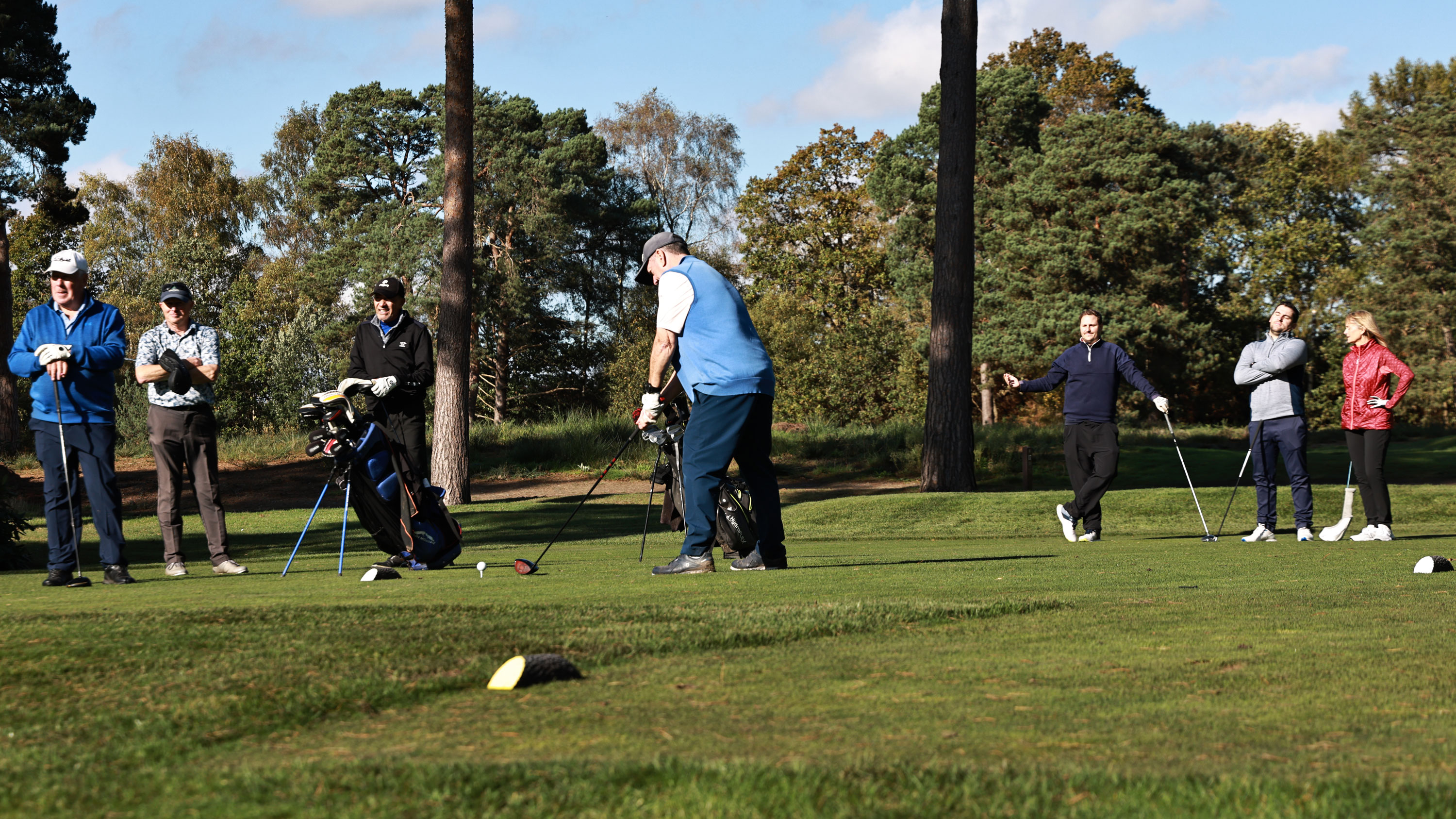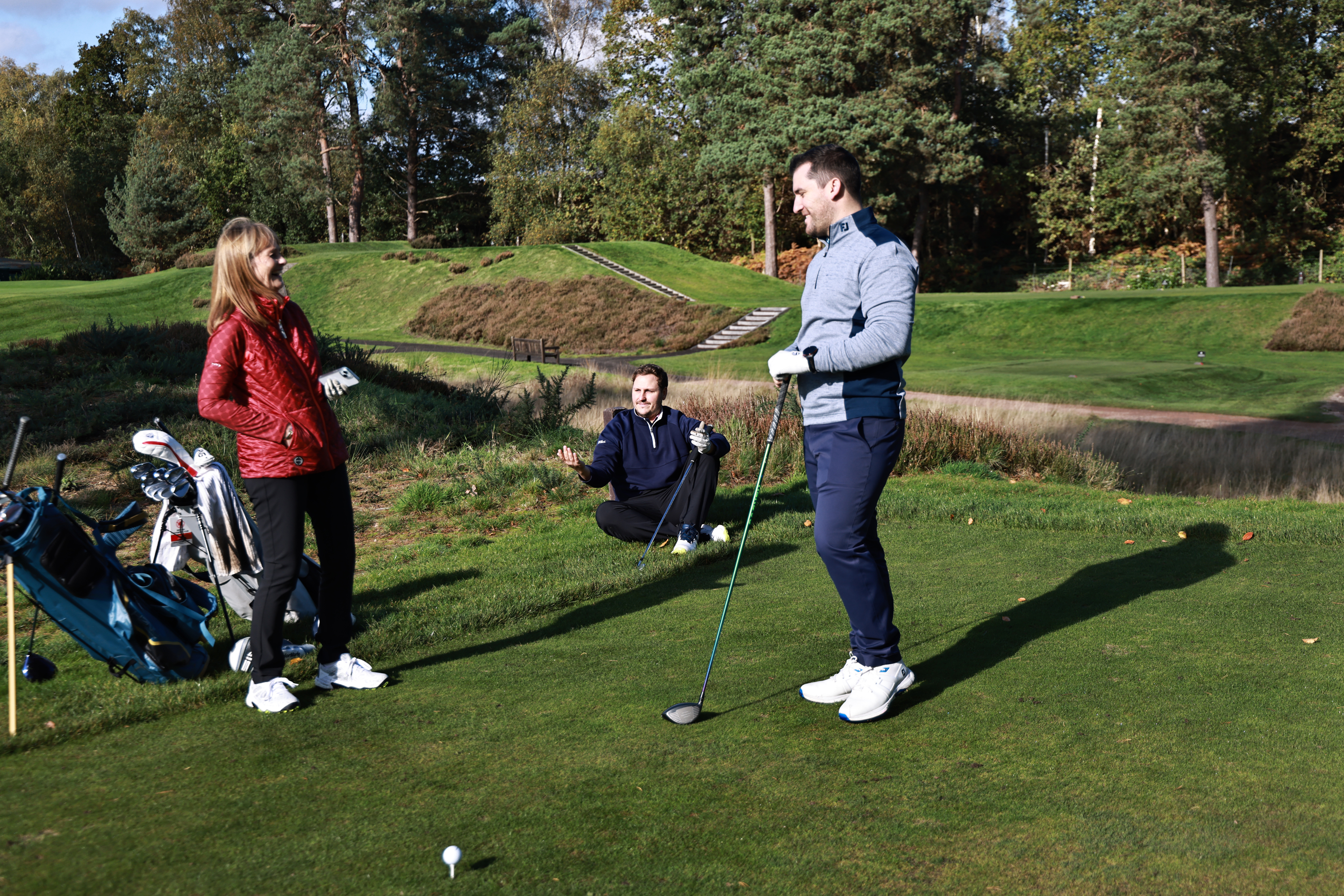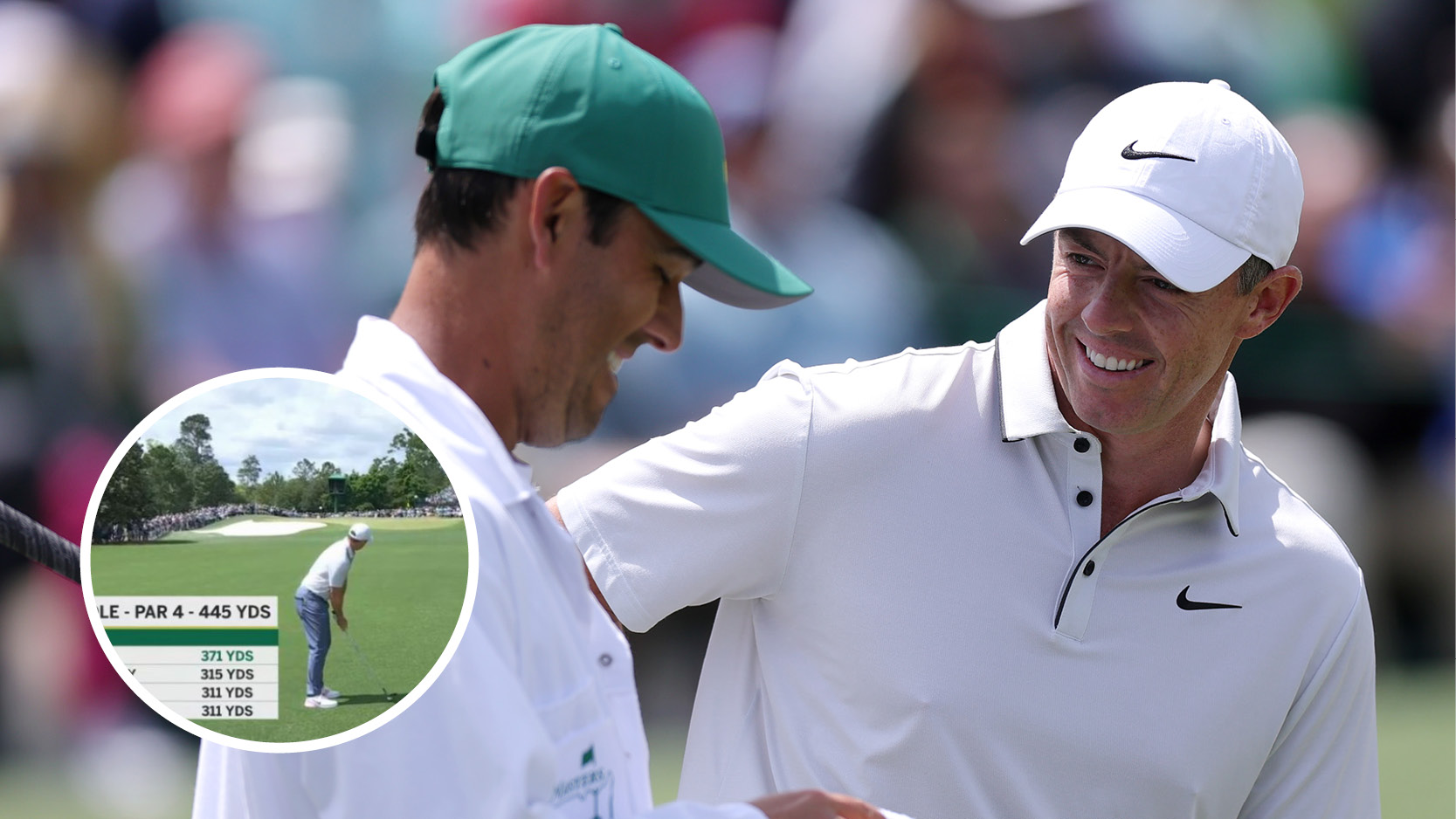Is Your Group Guilty? Common Slow Play Habits And How To Break Them
Slow play is one of the biggest problems in golf. Is your group responsible for it? We look at five reasons for slow play and give you advice on how to change.


Few people would admit to being slow golfers and contributing to slow play, but the evidence shows there are plenty out there.
If rounds on any given day are taking four-and-a-half hours plus, then at least one group on the golf course is playing at that pace.
If you find your group never waits to play a shot and is constantly being pressured by those behind, then you might have a pace of play issue. It may not be you personally, it could be the group as a whole.
But, perhaps, you might be part of the problem! Here we take a look at some common slow play habits. If they look all too familiar, don’t fear, we also give you some tips on how to break them.
Not playing ready golf
Fault – Too many groups are not adhering to the recommendation in the R&A guidelines on pace of play that, when playing stroke play, you should use “ready golf.” It’s a good few years since the concept was introduced so most people should understand ready golf by now. But it seems there are still those out there reluctant to employ it. Many golfers still seem to think it's impolite to play out of turn, so they dutifully wait until they are the player furthest from the flag before they take their shot.
Fix – When it’s safe and possible to do so, it’s fine to play out of turn. If you see that a playing partner who is further from the flag isn’t at their ball or isn’t ready to play when you are, just go for it. Playing ready golf can knock tens of minutes off a round. If your group is still waiting patiently to play in the “correct order,” suggest to your regular partners that you make a change. Drop the “honour” system for teeing off. If you’re at the tee first and are ready to go, just tee off. If you have the honour but aren’t ready, tell your playing partner who is to go ahead.
Stopping to chat

Why aren't you playing?
Fault – One of the most infuriating sights on the golf course is a group with clear air in front of them standing in a cluster having a chat. If you’re not playing golf at any point when the hole ahead has nobody on it, there’s a problem.
Get the Golf Monthly Newsletter
Subscribe to the Golf Monthly newsletter to stay up to date with all the latest tour news, equipment news, reviews, head-to-heads and buyer’s guides from our team of experienced experts.
Fix – Obvious really, don’t stop for a chat when the course ahead is clear. There’s so much time to talk on the way around a golf course, there’s no requirement to do it when you should be playing. Talk while you’re walking or driving, not when you should be teeing off! If you see your playing partners stopping for a chat, chivvy them along.
Not hitting a provisional
Fault – You hit one off the tee and don’t see where it ended up. It might be in some bushes… you can’t quite be sure. You just wing it and think, “It will probably be alright.” But when you get to where it ought to be, you can’t find it. You spend three minutes looking around to no avail before having to trudge all the way back to the tee to hit another one. That’s wasting minutes of time.
Fix – If in doubt always hit a provisional. If you think your ball might be lost, declare that your playing a provisional and hit one to where you know you’ll find it. You can hit more than one if necessary. That way, if you don’t find the original in three minutes, you can move over to play the provisional and save yourself some time. Even more time will be saved by hitting a provisional if you think you’ve gone out of bounds. If you have and you can see your original beyond the white stakes, you can go straight to the provisional and waste very little time at all. Encourage playing partners to hit a provisional if there’s any doubt.
Quiz: 10 questions every golfer should know the answer to
Not watching the ball

Anyone see that?
Fault – One player in the group is driving off while the other three are having a quiet chat to the side of the tee. “Did anyone see that?” says the player on the tee, “I totally lost it.” Unfortunately, as the rest of the group weren’t paying attention, nobody saw it and it could have gone anywhere. That likely means a forlorn three-minute search from one side of the hole to the other. A complete waste of time.
Fix – Always watch your playing partners hit. There’s time to chat or to check the messages on your phone while nobody is playing. If you pay attention to what happens to your playing partners’ balls, you might just see what nobody else did and save quite a bit of time as a result. If you don’t think anyone is watching as you prepare to play, ask them to do so!
Poor bag/cart management
Fault – Time losses can add up if a player or players leave their bag or their cart in the wrong spot up by the green. If it’s left on the right side of the green and the next tee is off to the left side of the green, it will take an extra minute or so to wander in the wrong direction before heading on.
Fix – You should always try to leave your equipment in the right place so you can walk to it and then directly on towards the next tee. If you notice a playing partner is regularly leaving their bag or cart in the wrong spot, politely point that out to them. It could save valuable time and prevent groups behind from tearing their hair out!

Fergus is Golf Monthly's resident expert on the history of the game and has written extensively on that subject. He has also worked with Golf Monthly to produce a podcast series. Called 18 Majors: The Golf History Show it offers new and in-depth perspectives on some of the most important moments in golf's long history. You can find all the details about it here.
He is a golf obsessive and 1-handicapper. Growing up in the North East of Scotland, golf runs through his veins and his passion for the sport was bolstered during his time at St Andrews university studying history. He went on to earn a post graduate diploma from the London School of Journalism. Fergus has worked for Golf Monthly since 2004 and has written two books on the game; "Great Golf Debates" together with Jezz Ellwood of Golf Monthly and the history section of "The Ultimate Golf Book" together with Neil Tappin , also of Golf Monthly.
Fergus once shanked a ball from just over Granny Clark's Wynd on the 18th of the Old Course that struck the St Andrews Golf Club and rebounded into the Valley of Sin, from where he saved par. Who says there's no golfing god?
You must confirm your public display name before commenting
Please logout and then login again, you will then be prompted to enter your display name.
-
 Rory McIlroy Fires Back-To-Back 370-Yard Monster Drives In Birdie-Eagle-Birdie Start To Lead The Masters
Rory McIlroy Fires Back-To-Back 370-Yard Monster Drives In Birdie-Eagle-Birdie Start To Lead The MastersIt's safe to say that the four-time Major winner was full of adrenaline at the start of his third round, with McIlroy pounding two drives that measured a total of 740-yards
By Matt Cradock Published
-
 Who Is On Bryson DeChambeau’s Team? Coach, Caddie, Manager And More
Who Is On Bryson DeChambeau’s Team? Coach, Caddie, Manager And MoreBryson DeChambeau is one of the most high-profile and successful players of his era, but who are the team members helping to guide his career?
By Mike Hall Published